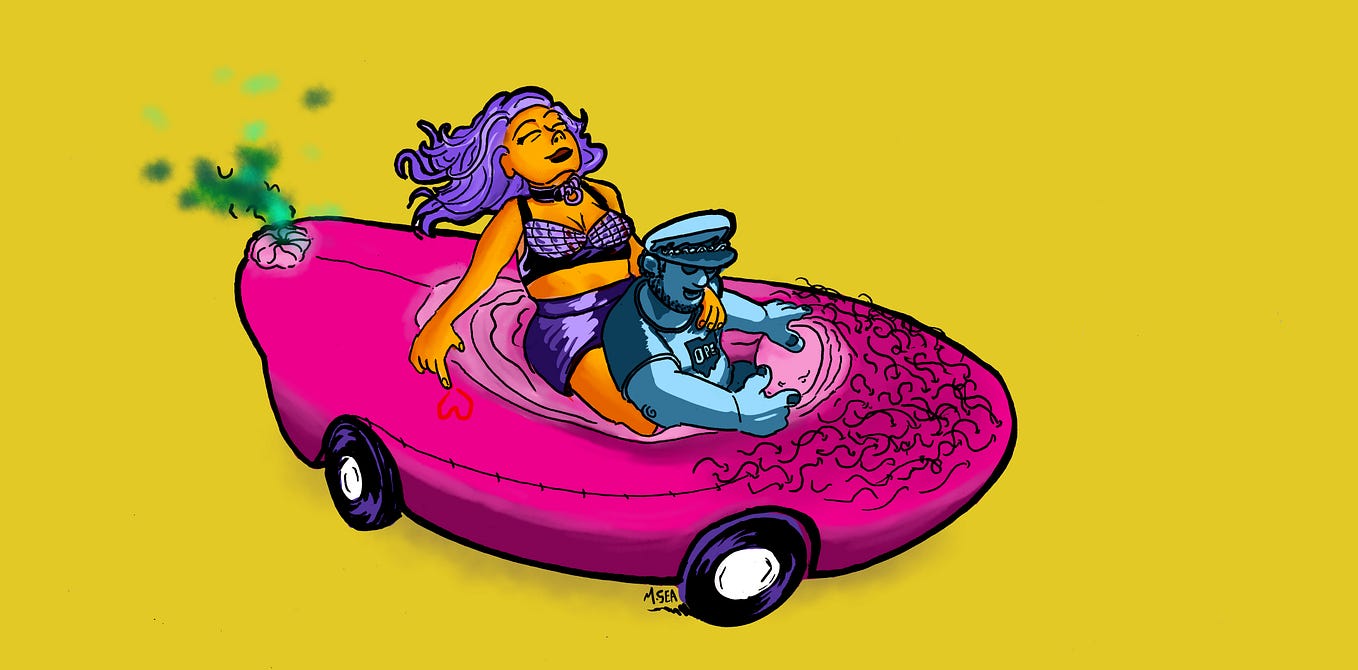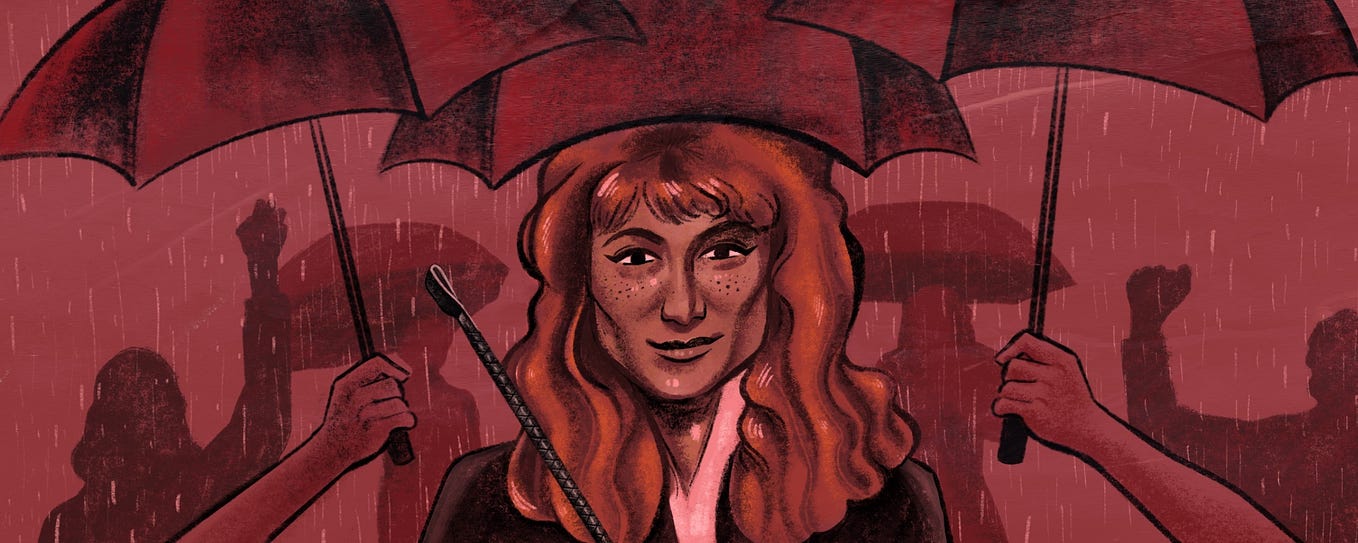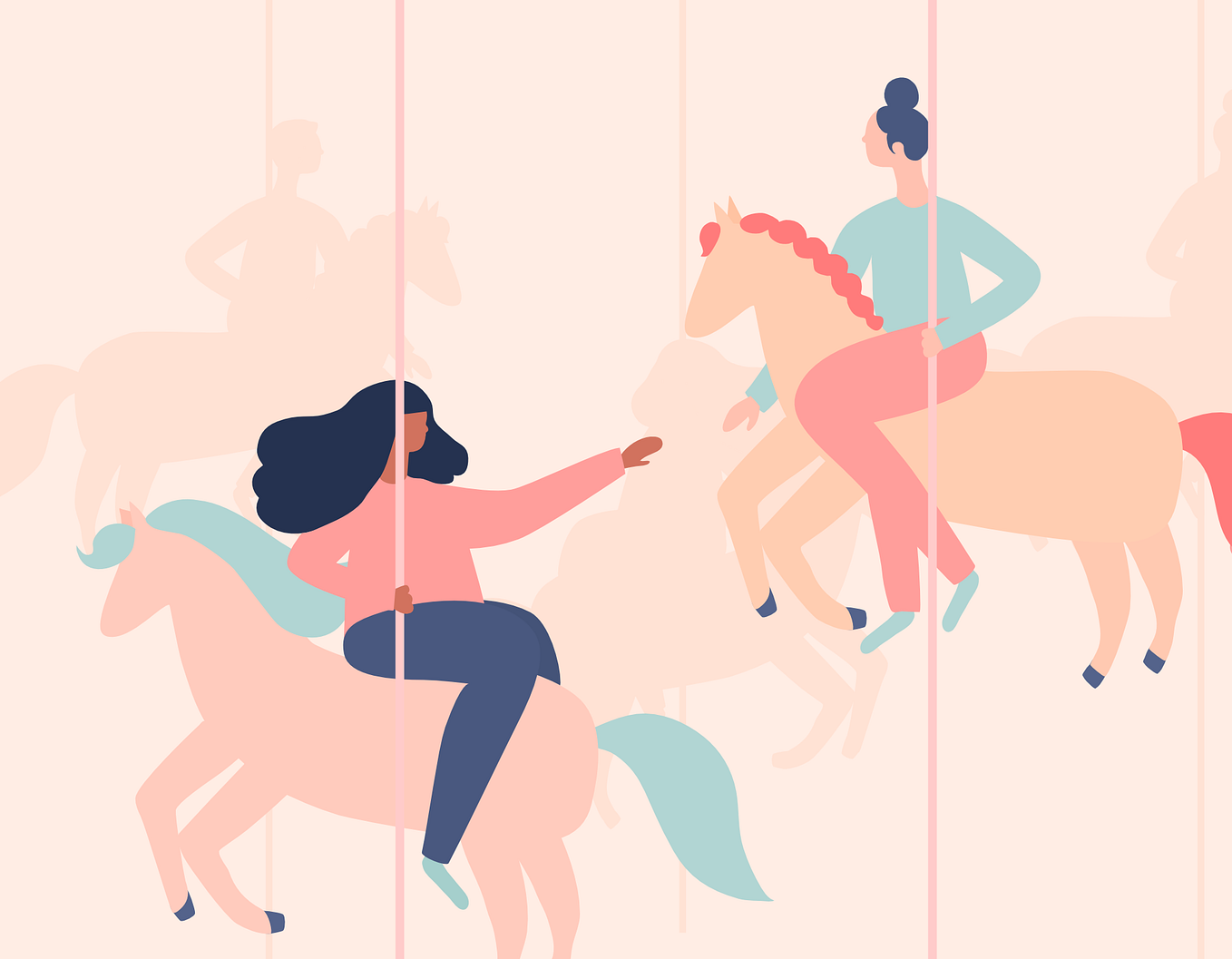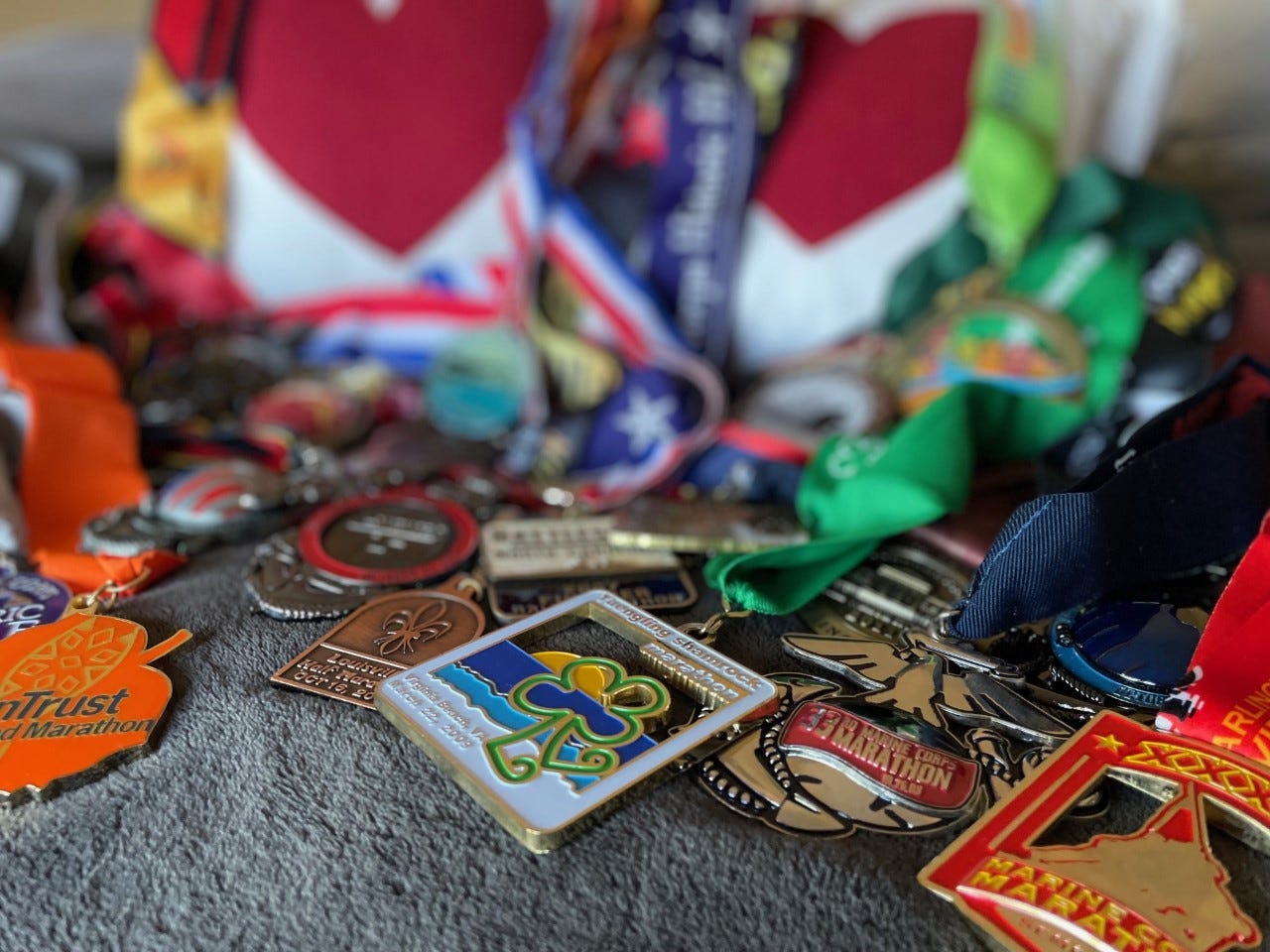Having My Cake and Eating It: What It’s Like to be an Asexual Sex Worker
I can best describe my feelings towards sex with what I like to call the carrot cake analogy
by Phoenix Pulcher
 I have been doing sex work since January 2018. Specifically, I produce nude livestreams of myself that users must pay to watch, and I go on in-person dates in exchange for money. I’m also asexual.
I have been doing sex work since January 2018. Specifically, I produce nude livestreams of myself that users must pay to watch, and I go on in-person dates in exchange for money. I’m also asexual.
To me, my asexuality means that I don’t experience sexual attraction. Practically speaking, this means that I can have sex and leverage my sex appeal for work, but I primarily draw motivation from my professional commitment rather than any kind of desire to have sex with other people.
I can best describe my feelings towards sex with what I like to call the carrot cake analogy: I don’t have any wish to eat carrot cake, but there’s no reason why I can’t or why I wouldn’t, other than the fact that I don’t have a strong desire to eat it. I can understand why other people would want to eat it and I think that people who want to eat it should be able to. There’s nothing inherently good or bad about wanting to eat carrot cake or not; it’s simply a preference.
In this context, sex, or eating carrot cake, is nonetheless a skill that I have and there are people who would pay money to watch me do so. I chose to become a sex worker because I saw that there was an appetite for the sexual services that I can provide. I’m lucky in that my high self-esteem means I enjoy being recognized and receiving praise for my looks, and that I have a good relationship with my body.
Though I don’t care for the taste of carrot cake, the act of eating it before an audience is just too much fun. It doesn’t matter to me how I feel about the cake — what matters is that I enjoy transforming the act of eating the cake into an exciting and titillating performance. And according to my viewers, I’m damn good at it.
When I work offline and go on dates, this analogy becomes real. I sometimes order cake and my companions are happy to pay for me to eat it. Here, the experience isn’t just about eating the cake; it’s the pleasure of my company. I am a good conversationalist and I’ve always liked working with people. It’s true that I don’t find my clients sexually attractive, but I respect them and I am nonetheless able to deliver outstanding service.
I was surprised to find that sex itself wasn’t the be-all and end-all of my job. When I first started out, I didn’t interact with my viewers very much. I’d put some music on, slowly and sensually strip off my clothes, do a short pre-choreographed dance, pose dramatically to accentuate my best physical features, and that would be it. Or I would simply set up my recording equipment and film my normal shower routine. The comments I got on these videos were the kind that I expected: men telling me how hot I was and how hard they got while they watched me.
But when I started to do videos where I talked about my day or where I smoked a joint and just hung out, I found that people responded to that equally. I still got messages complimenting me on my body, but I also got messages from people telling me about their lives. One person said that he’d been in prison and that he was having a hard time re-adjusting to life outside his cell. Another person told me that he was being deployed with the US army in a few weeks and that he didn’t know what the Internet situation would be like where he was going. He told me that he was nervous but excited. I responded to them in my video and we had meaningful conversations. By the end of it, I forgot that they were supposed to be here to see my tits and ass — they were here because they wanted to connect with me and that connection wasn’t made solely through my body.
In person, my clients tell me about their work lives and marriage problems. I listen. I’m not there to judge them or interfere. It’s not my place to tell them if I think they need to communicate better with their current partner or if I think they need to re-assess their relationship status. If they ask my advice, I respond with my honest opinion. But they rarely ask.
Being a sex worker demands emotional labour — a term that refers to the ways in which society expects people, working women especially, to manage their emotions in ways that aren’t in the job description. It usually involves women suppressing their feelings and discomfort in order to be polite and friendly even to people who treat them poorly. It can also refer to situations in which marginalized people are expected to educate their oppressors without regard for the kinds of personal experiences and trauma that they often need to draw on to do so. In my past experience as a food service worker, emotional labour looks like customers who tell me I should “serve with a smile” and who feel entitled to tell me all about their racist presumptions and ask unwelcome questions about my ethnic background.
As a sex worker, it looks like people who come to my channel presumably to get off, but who instead view me as a receptacle for their real life problems and who expect me to know how to respond to their feelings. Sometimes they ask invasive personal questions because they think that, because I’m physically open and available, that the same goes for my emotional availability. It’s evident that these people need someone to talk to and that since they’re my clients, they trust me. I’m used to them telling me their life stories and problems; it’s become part of the job. Nonetheless, I’m a sex worker, not a psychologist, and I don’t owe them details about my private life.
That’s not to say that I don’t like my job; I do, and being asexual doesn’t change that at all. I entered this profession voluntarily and it was a good decision for me. I’ve been able to use and develop my existing performance and self-marketing skills without formal training. Making my own videos has given me creative freedom that I might have to fight for if I had a vanilla job. I’ve filmed myself in various states of undress while cooking, practicing music, trying on clothes, masturbating, putting on and taking off my makeup, and doing chores around the house, all when my schedule suits me. Once I’m done shooting my videos, they are saved to my online profile so people who missed the livestream can watch me after the fact and I continue to make money without the pressure to create new content at all hours. The streaming platform I use allows people to follow me and rate my videos, which gives me feedback on the type of content they want from me.
My dates are usually casual. Sometimes clients will want to see me several times and we get to know each other. Some of them I meet once and then never hear from them again. It’s a complicated feeling, knowing that most of them come to see me because they are unhappy with other aspects of their lives. Yet, I am satisfied that I can help them with those feelings in that moment.
Sex work isn’t my only job. It’s part of the hustle of staying alive. But as far as the work itself goes, I like being my own boss and using skills that are undervalued in vanilla jobs. I’m asexual and I like being a sex worker. Of all the jobs I’ve had, this one takes the cake.
Asexuality: a sexual orientation most commonly defined by little to no sexual attraction to other people.
Sex work: an umbrella term for a wide range of professions within the sex industry.
Vanilla job: a job outside of the sex industry










